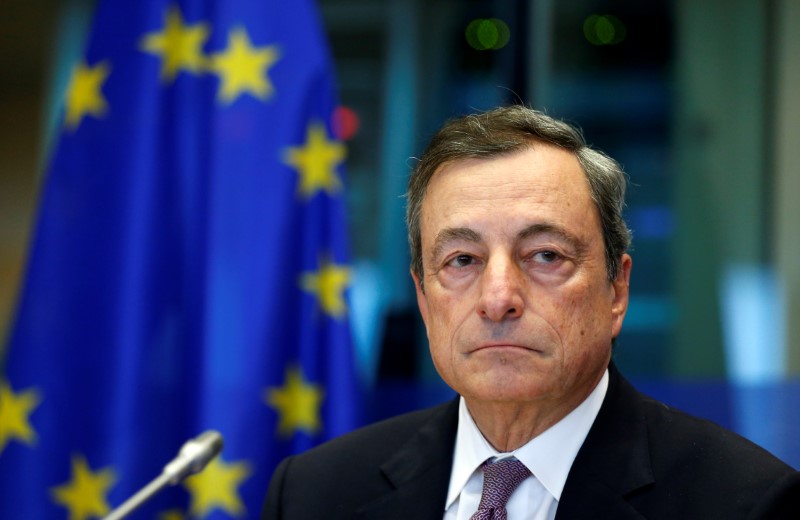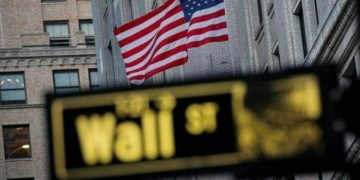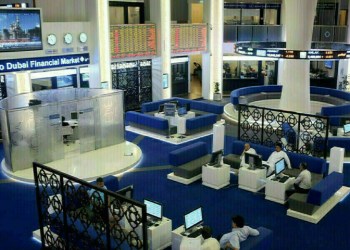 © Reuters. ECB President Draghi arrives to address the EU Parliament’s Economic and Monetary Affairs Committee in Brussels
© Reuters. ECB President Draghi arrives to address the EU Parliament’s Economic and Monetary Affairs Committee in BrusselsBy Balazs Koranyi and Francesco Canepa
FRANKFURT (Reuters) – The euro zone economy may be roaring ahead but a rapidly strengthening euro may see European Central Bank President Mario Draghi pour cold water on the view the bank is speeding toward an interest rate hike.
Draghi is expected to keep the ECB’s 2 trillion euro (£1.8 trillion) asset buying program in place for now at Thursday’s ECB governing council meeting, while acknowledging Europe’s unexpectedly strong run of growth.
The real trick facing policymakers will be how to address the euro’s surge to a three year high against the dollar, which could dampen inflation and endanger the work done by years of unprecedented stimulus.
It will be a delicate balancing act: the euro’s five percent rise since December holds back inflation which the ECB wants to see climb. But rapid economic growth and the expected end of the bond buys later this year justify some currency strength.
Wanting to keep all options on the table, Draghi will likely seek to stop the euro from firming further, keeping markets in a holding pattern until policymakers are ready to unveil their blueprint for winding down stimulus, economists said.
Having bought more than 2 trillion euros worth of bonds over the past three years, the ECB has almost single-handedly depressed borrowing costs in the euro zone to kick start growth and lift prices. Markets now expect these often controversial asset buys to finally end in the last quarter of this year.
But predictions for tighter ECB policy are putting pressure on the currency and raising market bets for a rate hike as early as December, a move seen as premature even by the most hawkish of policymakers.
Inflation is also years away from rising back to the ECB’s target of 2 percent, so Draghi can hardly afford any big currency swings.
“We think ECB President Draghi’s priority will be to talk down growing expectations of early interest rate hikes and a strengthening euro,” ABN Amro said in a note to client. “We think the subdued outlook for underlying inflation points to the ECB taking its time with rate hikes.”
The ECB announces its rate decision at 1245 GMT, followed by Draghi’s news conference at 1330 GMT.
WEAK DOLLAR?
Fears about currency swings appear justified after U.S. Treasury Secretary Steven Mnuchin argued for a weak dollar on Wednesday.
“Obviously a weaker dollar is good for us as it relates to trade and opportunities,” Mnuchin said in the Swiss ski resort of Davos.
While the euro’s gain so far has only a modest impact on inflation, the worry is that weaker economies on the bloc’s periphery would be affected by it more, a risk to an economic convergence process that restarted only recently.
Part of his holding pattern approach, Draghi is also likely to keep the bank’s guidance unchanged, maintaining a promise to continue asset buys until a sustained rebound in inflation, even though work to revise the text could begin on Thursday.
Policymakers argued in the December policy meeting that the guidance should be revised in “early” 2018, removing from the text a singular focus on asset buys and raising the role of interest rates in policy accommodation.
“We expect changes in the forward guidance in March and June, to prepare the markets for the end of quantitative easing from October,” Daniele Antonucci at Morgan Stanley (NYSE:) said.
“We see the first 15 basis point deposit rate hike to -0.25 percent in March 2019, with a signal from the central bank toward the end of this year,” Antonucci added.
But even a normally cautious Draghi will be unlikely to shoot down market expectations for the ECB to end bond purchases after the scheme, already extended several times, runs out in September.
Growth projections, revised up repeatedly, already look too pessimistic as manufacturing, trade and jobs data all point to superb run for the euro zone economy.
The bloc is about to run out of spare capacity and more hawkish policymakers are already arguing that the ECB was at risk of falling behind the curve in clawing back stimulus for an economy enjoying a five-year growth run.
“The euro area economy is blowing consensus forecasts out of the water,” JPMorgan (NYSE:) economist Greg Fuzesi said. “While it is by now widely recognized that euro area growth is strong, the extent of this is still being hugely underappreciated.”
Source: Investing.com





























